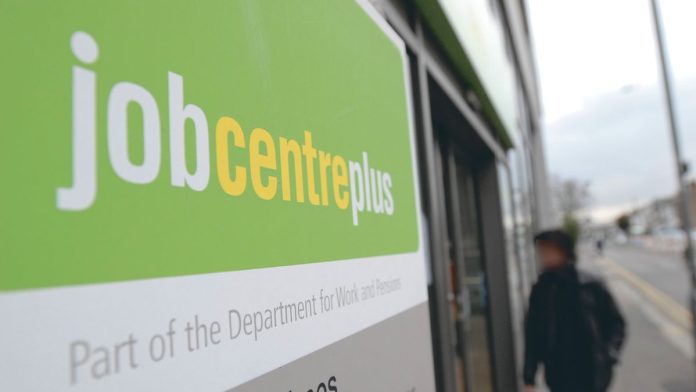The government should stop imposing punitive benefit cuts on people claiming universal credit until the cost-of-living crisis has eased, the IPPR think tank urges today.
It says its research shows widespread variation in how job centres apply work-search rules, and even wider variation in how often different age groups face sanctions. IPPR says these need to be fully investigated and understood before new sanctions are rolled out.
The report comes just days after Jeremy Hunt, the chancellor, said he would expand the existing regime to include more stay-at-home parents, and apply rules more rigorously to people who do not meet strict requirements to search for work, as part of his spring Budget.
Some 100,000 people have had their payments cut or cancelled because they are judged not to have made enough effort to find work, according to the most recent (DWP) data. This means an overall sanction rate for universal credit claimants in the full ‘searching for work’ group of 7.9 per cent, or one in 12 people — double the pre-pandemic rate.
Concerningly, analysis by IPPR shows that jobcentres across the country appear to operate vastly different sanction regimes. For example, 13 per cent of universal credit claimants in Knowsley, Merseyside are sanctioned, while the sanction rate is only 2.9 per cent for people in Broadland, Norfolk.
Overall, people on universal credit in the north of England (North East, North West, Yorkshire and the Humber) are more likely to be sanctioned than those in other English regions, or in Wales, Scotland and Northern Ireland.
Men are 2.6 times more likely to be sanctioned than women, and young men are more likely to be sanctioned than other demographic groups – with one in five subject to sanctions.
IPPR argues that people whose universal credit payments are cut are likely to face great hardship as a result, made more acute by the cost of living crisis.
Given the lack of data to describe exactly who is sanctioned, the think tank is calling forBenefit sanctions to be immediately suspended until inflation is brought under control, as they were through the Covid crisis
The government,they say should urgently seek to understand the recent surge in the sanctions rate and regional variations, and to address the risk that officials in some Jobcentres use their discretion to apply the rules more strictly than in others
They also recommend a‘yellow-card’ system to be introduced, to remove a financial penalty as the first sanction and replace it with an intervention meeting
Henry Parkes, senior economist at IPPR, said:
“Sanction rates are climbing rapidly, and it seems your chances of being sanctioned are largely down to the temperament of your local jobcentre. We already know that sanctions can push people into destitution, so as the cost of living crisis continues it is urgent that the government pauses, rather than expands, its sanctions regime while it investigates what’s driving the rise and variation in sanction rates.
“To press ahead instead with even tougher sanctions when the existing system is already something of a postcode lottery, and when everyone is struggling with rising living costs, would be both foolish and unfair.”







